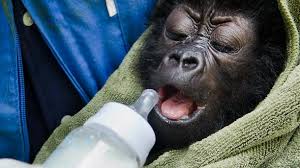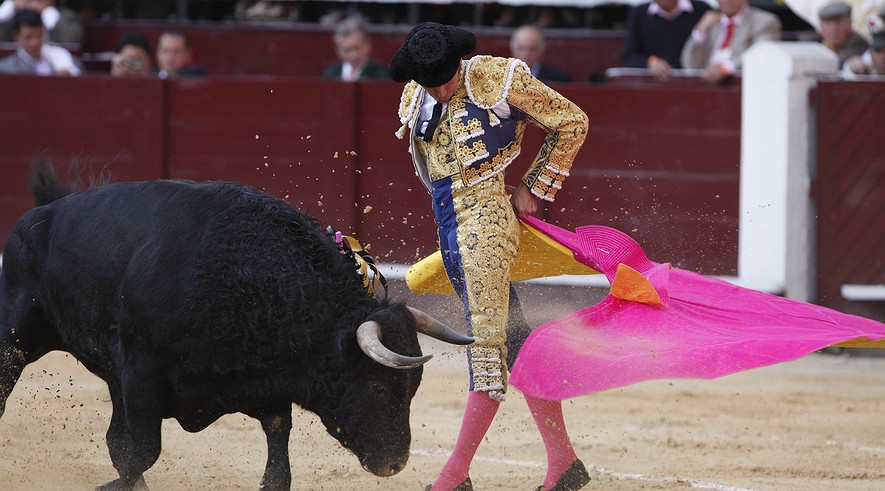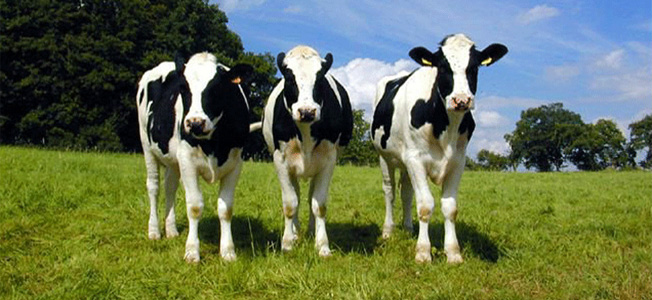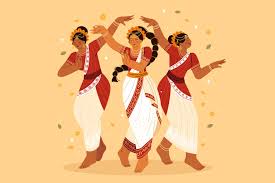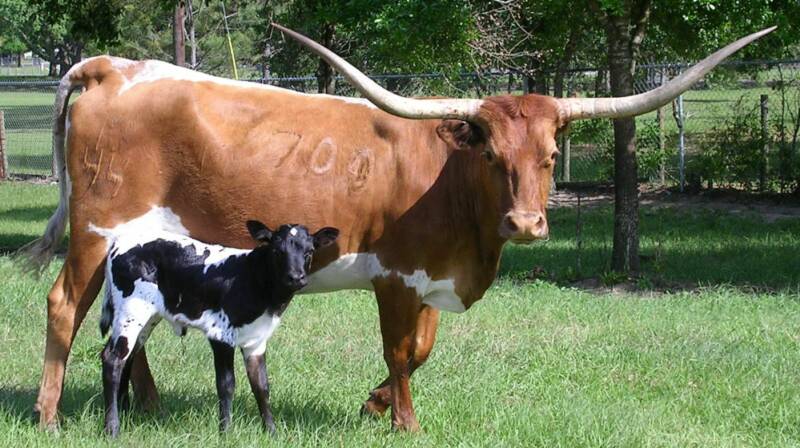Stamp: Chest pass (Equatorial Guinea 1975)
Chest pass (Equatorial Guinea 1975)
26 May (Equatorial Guinea ) within release Bullfight goes into circulation Stamp Chest pass face value 0.95 Equatorial Guinean ekuele
| Stamp Chest pass in catalogues | |
|---|---|
| Michel: | Mi:GQ 582 |
| Yvert et Tellier: | Yt:GQ 61D |
Stamp is vertical format.
Also in the issue Bullfight:
- Stamp - Capotazo overlooked. face value 0.80;
- Stamp - Out of banderillas. face value 0.85;
- Stamp - Luck of banderillas face value 0.90;
- Stamp - Chest pass face value 0.95;
- Stamp - Far post back face value 8;
- Stamp - Far post Natural face value 35;
- Stamp - Going to kill face value 40;
- Souvenir Sheet - Fate of rods face value 200;
- Souvenir Sheet - Bull fighting face value 130;
- Stamp - Capotazo overlooked face value 0.80;
- Stamp - Chest pass face value 0.95;
- Stamp - Far post back face value 8;
- Stamp - Far post Natural face value 35;
- Stamp - Going to kill face value 40;
- Stamp - Luck of banderillas face value 0.90;
- Stamp - Out of banderillas face value 0.85;
Stamp Chest pass it reflects the thematic directions:
Mammals are any vertebrates within the class Mammalia (/məˈmeɪli.ə/ from Latin mamma "breast"), a clade of endothermic amniotes distinguished from reptiles (including birds) by the possession of a neocortex (a region of the brain), hair, three middle ear bones and mammary glands. All female mammals nurse their young with milk, secreted from the mammary glands. Mammals include the largest animals on the planet, the great whales. The basic body type is a terrestrial quadruped, but some mammals are adapted for life at sea, in the air, in trees, underground or on two legs. The largest group of mammals, the placentals, have a placenta, which enables the feeding of the fetus during gestation. Mammals range in size from the 30–40 mm (1.2–1.6 in) bumblebee bat to the 30-meter (98 ft) blue whale. With the exception of the five species of monotreme (egg-laying mammals), all modern mammals give birth to live young. Most mammals, including the six most species-rich orders, belong to the placental group. The largest orders are the rodents, bats and Soricomorpha (shrews and allies). The next three biggest orders, depending on the biological classification scheme used, are the Primates (apes and monkeys), the Cetartiodactyla (whales and even-toed ungulates), and the Carnivora (cats, dogs, seals, and allies).
A festival is an event celebrated by a community and centering on some characteristic aspect or aspects of that community and its religion or cultures. It is often marked as a local or national holiday, mela, or eid. A festival constitutes typical cases of glocalization, as well as the high culture-low culture interrelationship. Next to religion and folklore, a significant origin is agricultural. Food is such a vital resource that many festivals are associated with harvest time. Religious commemoration and thanksgiving for good harvests are blended in events that take place in autumn, such as Halloween in the northern hemisphere and Easter in the southern.
Bullfighting is a physical contest that involves a bullfighter attempting to subdue, immobilize, or kill a bull, usually according to a set of rules, guidelines, or cultural expectationn
Cattle (Bos taurus) are large, domesticated, bovid ungulates widely kept as livestock. They are prominent modern members of the subfamily Bovinae and the most widespread species of the genus Bos. Mature female cattle are called cows and mature male cattle are bulls. Young female cattle are called heifers, young male cattle are oxen or bullocks, and castrated male cattle are known as steers.
Animals are multicellular, eukaryotic organisms of the kingdom Animalia (also called Metazoa). All animals are motile, meaning they can move spontaneously and independently, at some point in their lives. Their body plan eventually becomes fixed as they develop, although some undergo a process of metamorphosis later on in their lives. All animals are heterotrophs: they must ingest other organisms or their products for sustenance.
A tradition is a system of beliefs or behaviors (folk custom) passed down within a group of people or society with symbolic meaning or special significance with origins in the past. A component of cultural expressions and folklore, common examples include holidays or impractical but socially meaningful clothes (like lawyers' wigs or military officers' spurs), but the idea has also been applied to social norms and behaviors such as greetings, etc. Traditions can persist and evolve for thousands of years— the word tradition itself derives from the Latin word tradere literally meaning to transmit, to hand over, to give for safekeeping. While it is reportedly assumed that traditions have an ancient history, many traditions have been invented on purpose, whether it be political or cultural, over short periods of time. Various academic disciplines also use the word in a variety of ways.
Bulls and cows (also known as cows and bulls or pigs and bulls) is a code-breaking mind or paper and pencil game for two or more players. The game is played in turns by two opponents who aim to decipher the other's secret code by trial and error.

